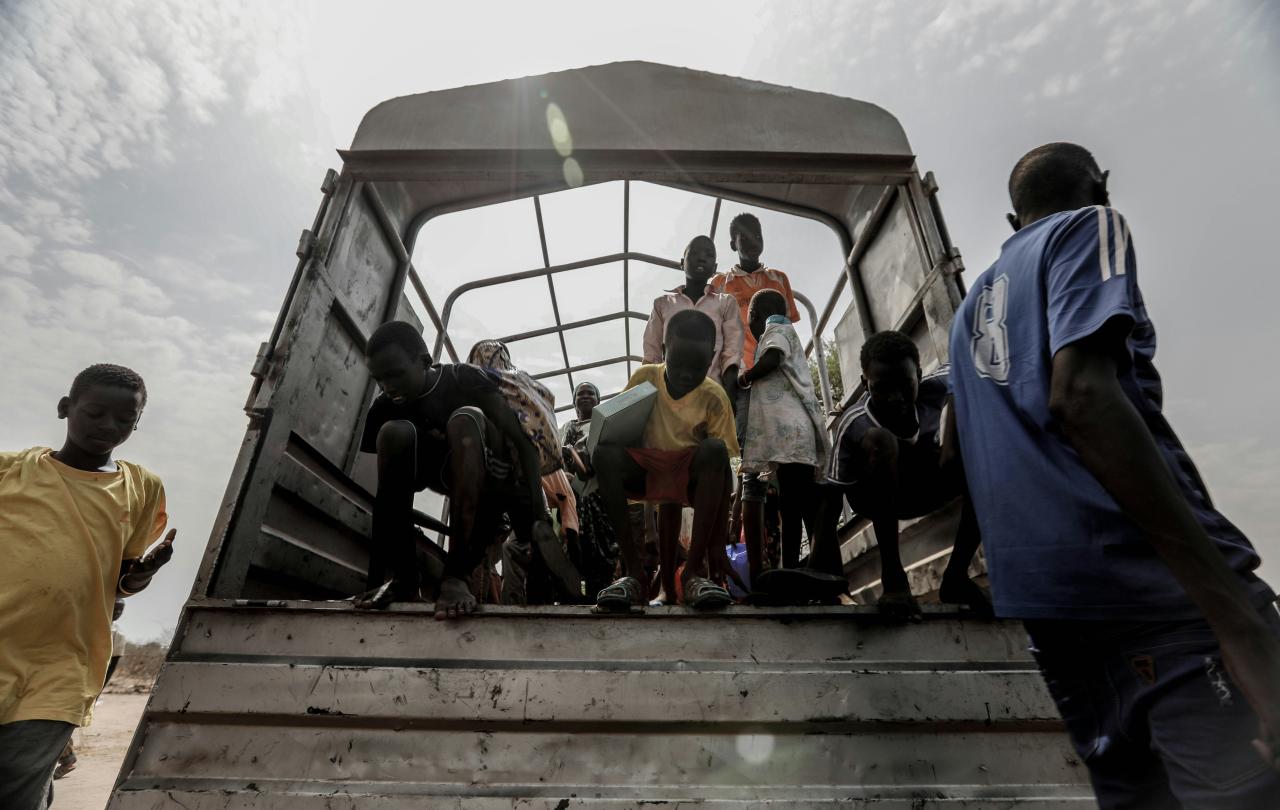I distinctly remember the sheer confusion of January to March 2020. Should we flee our flat in London? Should we cancel the lease on our workspace? Will I be able to continue breakfast with my friend on Thursday mornings? I ignorantly scoffed that a lockdown could conceivably take place and then, stood devastatingly corrected only a few months later. However, the UK Covid-19 Inquiry reveals that this ignorance induced confusion was not restricted to the personal level but instead enacted on a national stage.
What’s glaringly obvious as you read the recommendations is that the government acted too slowly and too indecisively. If the initial restrictions been introduced sooner, say in January or February, the first lockdown “might have been shorter or not necessary at all.” This, the report suggests, could have saved approximately 23,000 lives. Brenda Doherty, of the Covid-19 Bereaved Families for Justice group, believes her mother could have been one of these. Instead, she and her sister stood by her graveside in March 2020 as her family members waited a few metres back sectioned off by red tape. The report and accompanying evidence call for sombre reading.
In response, those in charge at the time have understandably launched an attack in their own defence. Boris Johnson has labelled the inquiry "totally muddled,” which ironically sounds like the informal conclusion of his leadership in the report. Similarly, Dominic Cummings has hurled a 2,000-word response into the social media stratosphere, which feels almost as long as the 800-page paper itself.
What seems glaringly obvious about both men’s responses is the very thing Brenda Doherty displays with such elegance: grief. There is, in these men’s retorts, a stunning omission of any sense of responsibility or indeed any willingness to admit defeat. And what frightens me most, as we look towards the future, is our refusal to grieve over the things of the past. The threat on Europe from Russia is growing. AI’s disruption on our workforce seems to be being enthusiastically brushed aside. And another, potentially much more violent, pandemic is unsettlingly likely.
However, in the face of these disruptive forces grief is a remarkably generative power. Without grief we remain, much like Johnson and Cummings, frozen in time. Immovable in our ineptitude and ignorance. Grief, I’d argue, is the very thing that enables us to recognise our shortcomings and, when mixed with hope, energises us towards a future which lies on the other side of sorrow. Yet, when we exist in a place of fragility, the idea of imagining that life lies beyond my incompetency, if only I grieve it, is frightening. Devastatingly though, for us humans, this may be the only way to learn and move forward.
Our future and redemption is undeniably bound up in our ability to grieve. Grief is inherently futural. By grieving our ineptitude, we inevitably witness to the places that require growth, mercy and grace. When we fail to grieve, we remain frozen in time—precariously hiding behind the illusion of our infallibility. This is a deeply fragile state. From this position, any assault or critique on our mistakes becomes a personal attack rather than invitation to redemption. We find ourselves lashing out in fear, terrified of being exposed. Johnson and Cummings embody this predicament to a tee.
This situation however is not unique to the Covid iquiry and our late-prime minister’s response. Another character who lashes out in fear is St Peter, one of Jesus’s friends and disciples. There is a rather poetic story that illustrated this at the end of John’s gospel in the New Testament. One of Jesus’s friends Peter rejects him as he’s taken to be murdered. Peter attacks a guard, cuts his ear off and Jesus famously disarms him and heals the man. Moments later, Jesus is taken, Peter flees and we find him standing in a courtyard, by a fire and where claims not to know his friend and master Jesus. To make matters worse, he rejects him not once, but three times. However, when Jesus returns from the grave, he meets Peter again, at a fireside on a beach, and asks him “do you love me?” Not once but three times. The thing that I think is particularly remarkable about this meeting is that Jesus recognises Peter’s future in bound up in the redemption of his past mistakes. Jesus takes Peter to the place of failure, a fireside, and gives him an opportunity to declare his allegiance and love for him, the same amount of times he had rejected him. He reminded him of his wound to heal him for his future.
If we are to take seriously our response to the Covid-19 inquiry, we must take responsibility for our errors. Not begrudgingly but with a grace filled grief. Our future, one that is filled with hope, does not come to us without a confession of past errors. Instead, a hopeful future may only come to us when we confess, recognise and grieve our mistakes. Indeed, to freely grieve over my failures is to grieve believing in life beyond my defeat.






